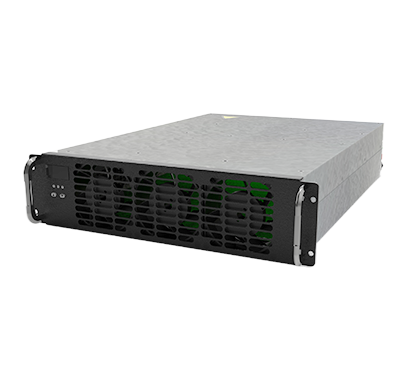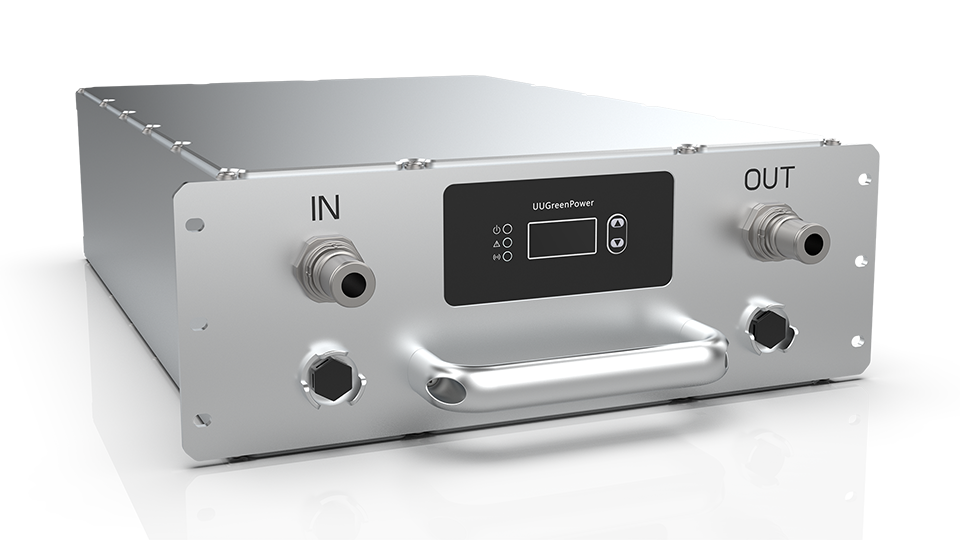As electric vehicle (EV) adoption surges, with projections indicating that global sales could reach 30 million units by 2030, the demand for highly efficient ev charging modules has never been more critical. These advanced systems are not only pivotal in supporting this growth but also play a significant role in transforming the energy landscape.
The Characteristics of Highly Efficient EV Charging Modules

Highly efficient EV charging modules represent a breakthrough in technology designed to optimize energy transfer and reduce charging times significantly. Their market attributes include superior performance metrics such as increased power output and reduced energy loss during the charging process. Furthermore, these modules contribute to market disruption by enabling faster deployment of charging infrastructure, which is essential for meeting consumer demands and enhancing user experience.
The Role of Electric Car Charging Solutions in Market Disruption
electric car charging solutions have become instrumental in driving market disruption within the automotive industry. By integrating highly efficient EV charging modules into their offerings, companies can provide scalable solutions that cater to both residential and commercial needs. This adaptability allows businesses to respond swiftly to changing consumer preferences while promoting sustainable practices through enhanced efficiency and lower operational costs.
An In-Depth Look at UUGreenPower’s Impact on Market Disruption
UUGreenPower stands out as a leader in harnessing highly efficient EV charging technologies for market disruption. The company’s innovative approach focuses on developing modular systems that not only enhance charge speed but also integrate seamlessly with renewable energy sources. This strategy positions UUGreenPower at the forefront of an evolving marketplace where sustainability meets technological advancement, ultimately reshaping how consumers perceive electric mobility.
Conclusion
In summary, highly efficient EV charging modules are crucial components driving market disruption across various sectors related to electric vehicles. Their ability to improve efficiency while facilitating rapid infrastructure development underscores their importance as we transition towards a more sustainable future in transportation.
